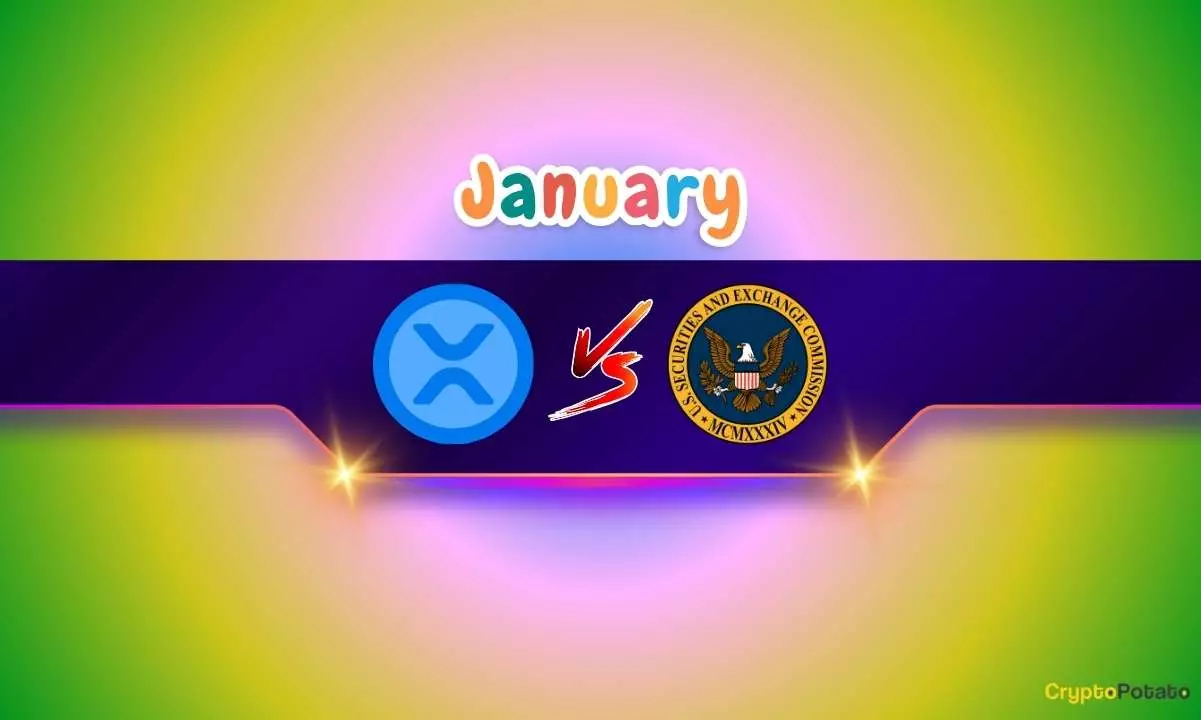The cryptocurrency landscape has been rife with conflicts, regulations, and legal tussles, with the ongoing lawsuit between Ripple and the U.S. Securities and Exchange Commission (SEC) representing one of the most significant battles. As 2023 unfolds, we observe critical developments, particularly following the recent leadership change at the SEC, which has led analysts and industry experts to dissect potential ramifications for Ripple. This article dives into the ongoing conflict, the implications of Better Markets’ stance, and the newly anticipated leadership under Mark Uyeda.
The lawsuit that commenced in 2020 represents a pivotal moment in the cryptocurrency arena as it seeks to clarify how certain tokens, particularly XRP, should be classified—whether as securities or commodities. The SEC has staunchly maintained that XRP qualifies as a security, primarily due to its nature as an investment contract reliant on Ripple’s efforts for profit generation. However, a significant legal ruling from Judge Analisa Torres in August 2023 provided some respite for Ripple, concluding that the sales of XRP through centralized exchanges did not constitute a breach of securities rules.
The SEC, however, is not retreating. In mid-January 2023, the regulator filed an opening brief appealing Judge Torres’ decision, reinforcing its position that XRP is indeed a security. This legal tug-of-war reflects the complexities of defining digital assets in a rapidly evolving financial ecosystem. What’s notable here is the critical backing Ripple has received from the crypto community, while traditional financial institutions have, in certain instances, sided with the SEC, suggesting a polarized regulatory environment.
As the SEC cranks up its efforts against Ripple, support for the regulator emerged from an unexpected quarter—Better Markets, a non-profit organization advocating for stronger regulations in the financial sector. In late January, Better Markets issued a statement categorizing XRP as an investment contract security. This perspective draws from parameters established by the Howey test, which historically determines whether an asset qualifies as a security based on the expectations of profits from the efforts of others.
Such opposition adds another layer of complexity to the ongoing legal battle, highlighting a divide not just between cryptocurrency advocates and regulators, but also within the financial ecosystem itself. The endorsement of the SEC’s position by Better Markets might serve to strengthen the regulator’s resolve, thus elongating the conflict and complicating Ripple’s strategy moving forward.
A pivotal factor in the future of the Ripple case relates to the recent change in leadership at the SEC. Gary Gensler’s resignation, coupled with the appointment of Mark Uyeda, has sent ripples through the crypto community. Gensler was perceived as a stringent opponent of the cryptocurrency sector, pushing for comprehensive regulations that many within the industry believed could stifle innovation. On the contrary, Uyeda has been characterized as more pro-crypto, leading to speculation that this shift may influence the SEC’s approach towards Ripple.
John Deaton, a notable attorney in the crypto space, outlined three potential scenarios that could play out as a result of Gensler’s departure and Uyeda’s inauguration. The first scenario involves the SEC continuing with its appeal, which would extend the litigation timeline without immediate resolution. Conversely, there’s a possibility that the SEC could abandon the appeal and instead focus on enforcing previously ruled penalties against Ripple. The third scenario involves a nuanced compromise that could allow Ripple to move forward while facing minimal penalties or additional oversight.
The ramifications of this lawsuit extend far beyond Ripple and the SEC. The outcome could set a crucial precedent regarding how regulatory bodies classify digital assets. If XRP is ultimately deemed a security, it may embolden regulators to pursue further actions against other cryptocurrencies, shaping the future of the market and potentially curtailing innovation.
Alternatively, a favorable ruling for Ripple may invigorate the crypto sector, galvanizing industry players and fostering a more lenient regulatory approach moving forward. The balance of power between decentralized innovation and regulatory oversight remains delicate and continues to evolve.
The ongoing dispute between Ripple and the SEC represents not only a critical juncture for the two entities involved but also for the broader cryptocurrency industry. With the backing of organizations like Better Markets, a new SEC leadership, and various potential outcomes, the trajectory of this case is set to influence the regulatory landscape for years to come. As it stands, the community watches closely, anticipating the next steps in this pivotal saga.

